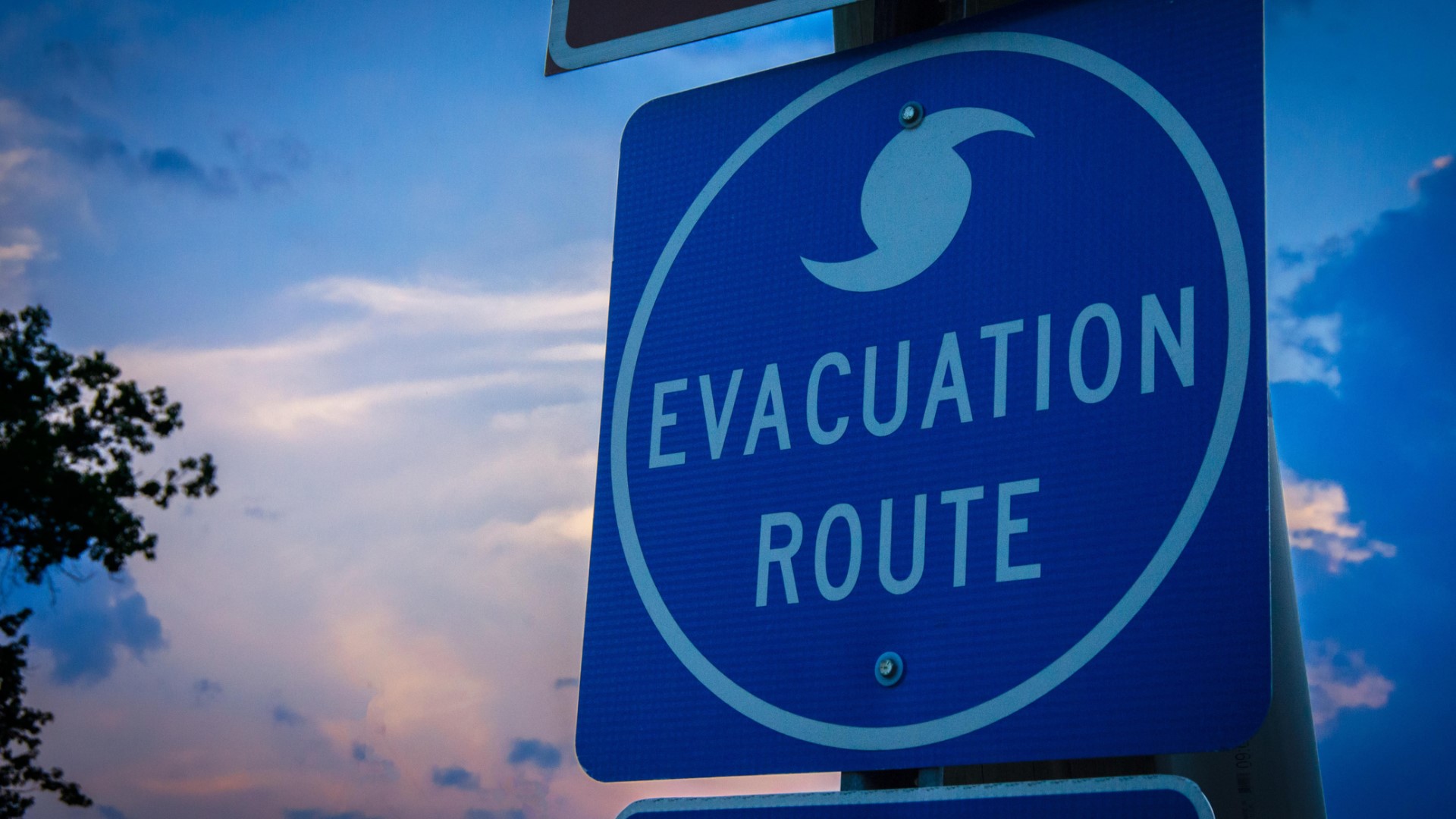We’re now just one month away from the official start of the 2020 hurricane season.
And yes, COVID19 is having an impact.
The virus is forcing state emergency workers to change their approach to hurricane response and that will mean changes for all of us, too.
The way we prepare for, respond to, and recover from storms will all be impacted by the need for social distancing.
So, for example, rather than packing evacuees into shelters, emergency workers are considering the idea of having people with homes built to withstand low to medium grade hurricanes shelter in place.
Those who must evacuate might be directed to now-empty hotel rooms left vacant by the virus, where keeping people separated would be far more manageable.
“Paid for by the feds,” said Florida’s Emergency Management Director, Jared Moskowitz, “But also would be good for helping that industry out.”
Transporting evacuees is also complicated by the virus.
The state does not want people worried about gas money to stay put if they should evacuate, so the state could issue gas cards.
There’s even a consideration to provide ride-sharing.
“We might reach out to a company like Uber and say, 'Hey, listen, you’ve got 5,000 or 6,000 Uber drivers. We want to evacuate people car by car by car rather than putting 50 or 60 people in a bus on top of each other,'” said Moskowitz.
The state also predicts a major shortfall when it comes to relying on hurricane volunteers.
Normally about 10,000 volunteers are needed. So, they’re considering hiring those who could use the work: The state’s unemployed.
“Going to teachers, going to state employees, or even turning to folks that might be unemployed in that June-July timeframe and employing them to take on a job during hurricane season to help us,” said Moskowitz.
Employers will be soon urged to stock up on PPE so workers can protect themselves and get back to their jobs faster.
Your own personal hurricane kit is about to undergo some changes too.
“We’re probably going to tell people not only to have seven days of hurricane supplies, but you have seven days of cleaning supplies and PPE in addition to your regular hurricane supplies in the past,” said Moskowitz.
Also, we can expect even longer delays to get the power back on.
Utility companies, which recently responded to major storms in the Midwest and Carolinas, say they quickly learned it takes workers longer to do the job because of all the extra safety equipment.
“Wearing proper PPE such as facemasks, especially in the hot Florida weather, can really inhibit the typical productivity of a crew,” said Duke Energy Florida’s Catherine Stempien.
Utility companies, which often provide shelter for their own response workers, say they're also sharing information with the state about which hotels and motels are built to withstand hurricane-force winds and have back-up generators, in case they need to send evacuees to those facilities.
State emergency workers say they are in contact with their federal counterparts every week now and are already starting to stockpile the mask gloves and other items we will undoubtedly need if a major storm heads our way.
What other people are reading right now:
- Gov. DeSantis says reopening can begin May 4, restaurants can open with restrictions
- JetBlue wants to suspend flights to Tampa
- When will Disney World reopen?
- NASA: Coronavirus has drastically improved Florida's air quality
- Publix selling green branded face masks
- Tampa nurse holds the hand of COVID-19 patients as they take their last breaths
- Two Wawa stores close after employees test positive for coronavirus
- Hotlines, websites offer the latest on COVID-19

